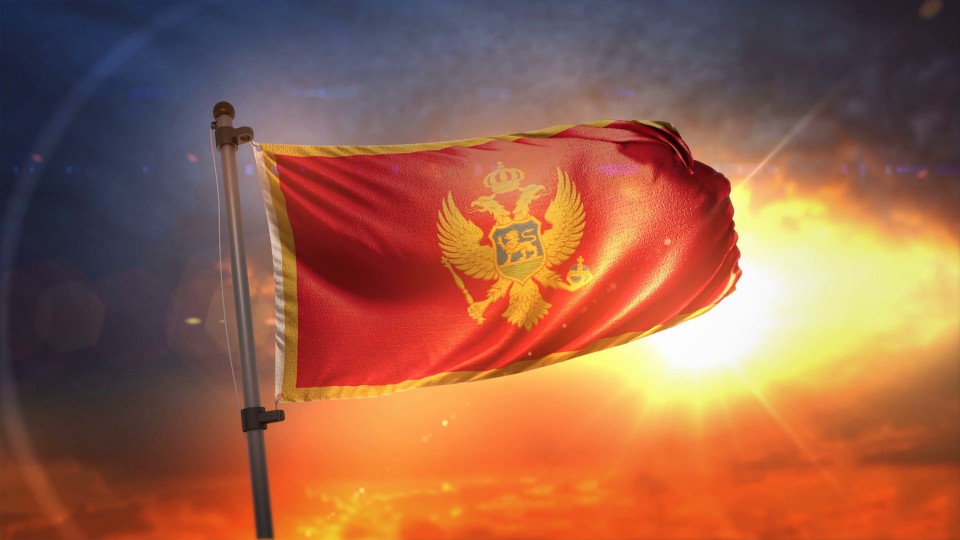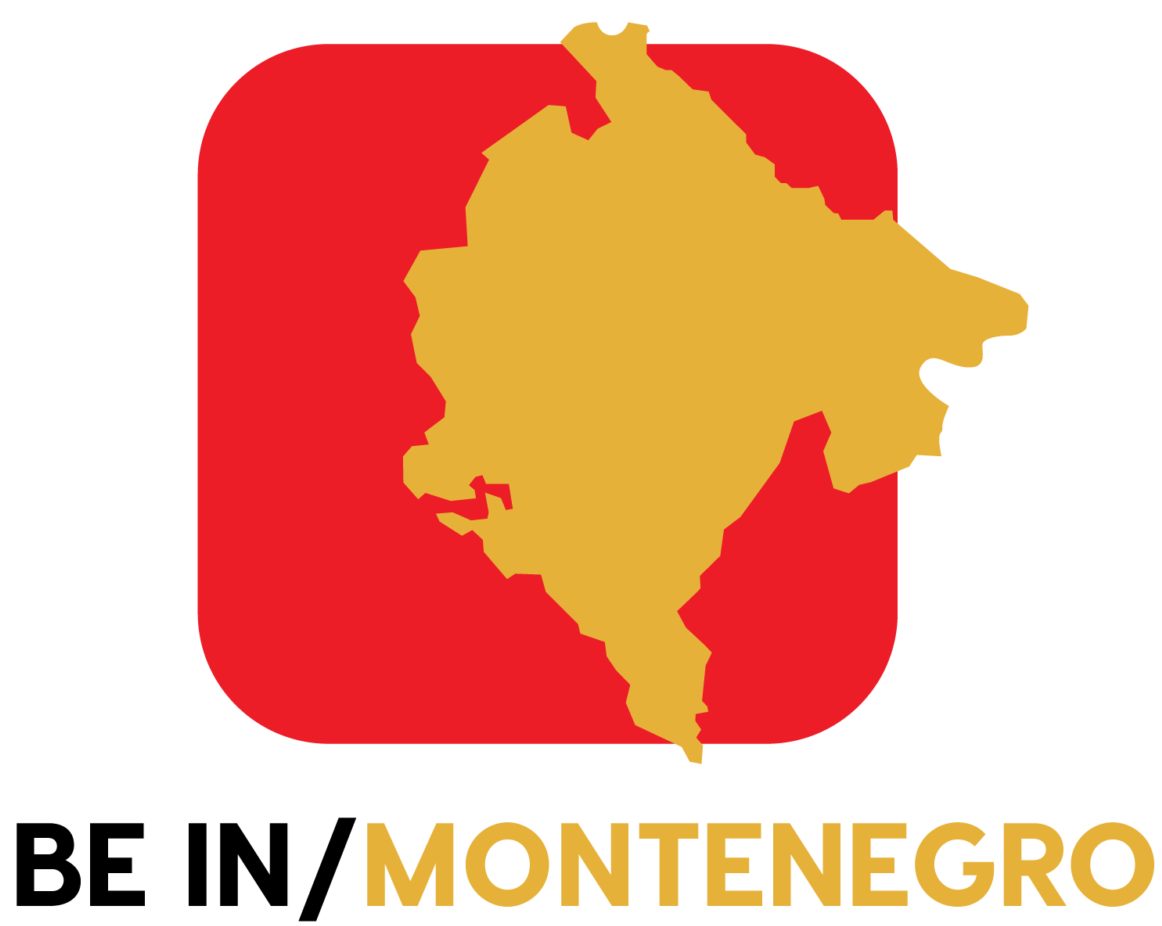Politics in Montenegro

Political System and Government of Montenegro
Overview
Montenegro is a parliamentary republic governed by a multi-party democratic system. The President serves as the head of state, while the Prime Minister heads the government. Executive power is exercised by the government, and legislative authority is shared between the government and the Parliament of Montenegro (Skupština), a unicameral legislative body.
The country operates under the Constitution of Montenegro, which was officially adopted on 22 October 2007, establishing the principles of democracy, rule of law, and separation of powers.
Executive Branch
President of Montenegro
-
Name: Jakov Milatović
-
In Office Since: May 2023
-
Role: The President represents Montenegro nationally and internationally, appoints the Prime Minister, calls parliamentary elections, and performs duties defined by the constitution.
Prime Minister of Montenegro
-
Name: Milojko Spajić
-
In Office Since: October 2023
-
Role: The Prime Minister leads the executive branch, coordinates ministerial work, and implements national policies.
Structure of the Government (2025)
Montenegro’s executive branch consists of the Prime Minister, several Deputy Prime Ministers, and heads of over 20 ministries. The current government, formed in 2023 and reshuffled in 2025, reflects a strong focus on reform, EU integration, economic development, and social stability.
Deputy Prime Ministers
-
Aleksa Bečić – Security, Defence, Internal Affairs
-
Budimir Aleksić – Education, Science, Religious Affairs
-
Ervin Ibrahimović – International Relations, Foreign Affairs
-
Filip Ivanović – European Affairs
-
Milun Zogović – Infrastructure, Regional Development
-
Momo Koprivica – Political System, Judiciary, Anti-Corruption
-
Nik Gjeloshaj – Economic Policy, Development
Ministries and Ministers
-
Justice – Bojan Božović
-
Defence – Dragan Krapović
-
Finance – Novica Vuković
-
Interior – Danilo Šaranović
-
Public Administration – Marash Dukaj
-
Education, Science & Innovation – Anđela Jakšić Stojanović
-
Health – Vojislav Šimun
-
Labour & Social Dialogue – Naida Nišić
-
Social Welfare & Family – Damir Gutić
-
Culture & Media – Tamara Vujović
-
Maritime Affairs – Filip Radulović
-
Transport – Maja Vukićević
-
Urban Planning & Property – Slaven Radunović
-
Tourism – Simonida Kordić
-
Ecology & Sustainable Development – Damjan Ćulafić
-
Agriculture, Forestry & Water – Vladimir Joković
-
Energy & Mining – Admir Šahmanović
-
Public Works – Majda Adžović
-
Human & Minority Rights – Fatmir Gjeka
-
European Affairs – Maida Gorčević
-
Sports & Youth – Dragoslav Šćekić
-
Diaspora Affairs – Mirsad Azemović
-
Regional Investment & NGO Cooperation – Ernad Suljević
-
Minister without Portfolio (Parliament Relations) – Milutin Butorović
Legislative Branch
The Parliament of Montenegro is composed of 81 members elected for four-year terms through a proportional representation system. It is responsible for enacting laws, approving the state budget, supervising government activities, and ratifying international treaties.
International Role
Montenegro is a member of:
-
United Nations (UN)
-
North Atlantic Treaty Organization (NATO)
-
Council of Europe
-
Organization for Security and Co-operation in Europe (OSCE)
It is also an official candidate for EU membership, steadily aligning its political and legal frameworks with European standards.
If you are interested in knowing more about politics of other Balkan countries, click here: www.beinbalkan.com
